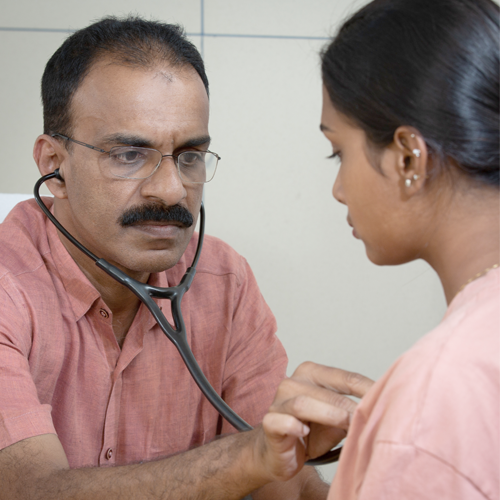
GENERAL CONSULTATION General consultation in Ayurveda involves a comprehensive assessment of an individual’s health and well-being by a qualified Ayurvedic practitioner. It focuses on understanding the individual’s unique constitution (prakriti) and identifying any imbalances (vikriti) that may be causing health issues or affecting overall well-being. Here are the benefits of a general consultation in Ayurveda. Holistic approach: Ayurveda takes a…
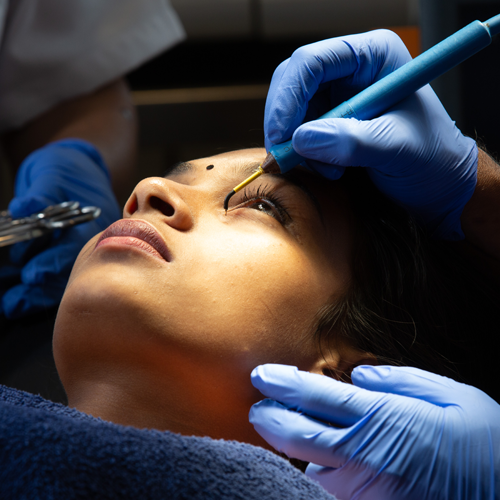
MOLE REMOVAL Mole removal procedures typically involve the use of natural ingredients and topical applications. Benefits of Ayurvedic mole removal procedures. Non-invasive and natural: Ayurvedic mole removal procedures are non-invasive and generally involve the use of natural ingredients, making them a gentle alternative to surgical mole removal methods. Ayurvedic mole removal procedures can help minimize scarring or discoloration compared to…
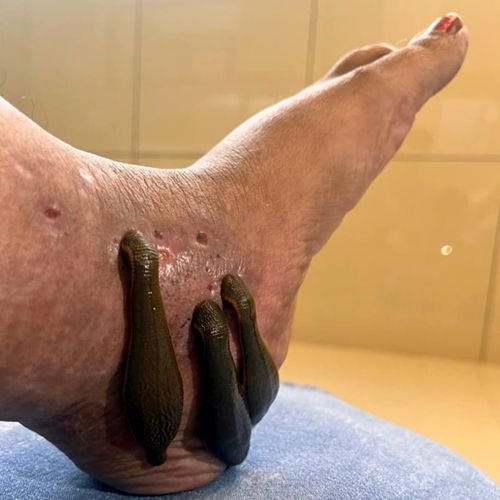
JALOOKAVACHARANA JALOOKAVACHARANA Jalookavacharana is a traditional Ayurvedic therapy that involves the use of leeches to treat various health conditions. The practice has been used for centuries in India and is still used today in some Ayurvedic clinics and hospitals. In this article, we will explore the history, benefits, and process of Jalookavacharana. History of Jalookavacharana The use of leeches in…

SKIN TAG REMOVAL In Ayurveda, skin tag removal procedures typically involve the use of natural ingredients and topical applications. Skin tags are benign, small, and soft growths that commonly occur on the skin. Ayurvedic procedures for skin tag removal are typically non-invasive and utilize natural ingredients, providing a gentle alternative to surgical methods. When performed correctly, Ayurvedic procedures can help…

WARTS EXCISION Ayurveda, the excision of warts typically involves a combination of topical applications, herbal remedies, and lifestyle recommendations. Warts are benign skin growths caused by viral infections. Here are some Ayurvedic approaches to wart excision: Ayurvedic procedures for wart excision are typically non-invasive and employ natural ingredients, offering a gentle alternative to surgical methods. Ayurvedic wart removal procedures can…
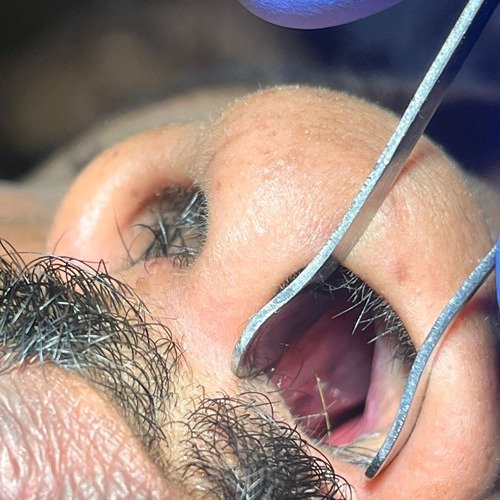
KSHARAKARMA FOR NASARSHAS Ksharakarma treatment in Ayurveda can also be used for the management of nasal polyps, which are referred to as Nasarshas in Ayurveda. Nasal polyps are soft, painless growths that develop in the lining of the nasal passages or sinuses. Ksharakarma provides a non-surgical treatment option for nasal polyps. It is considered as an alternative to surgical intervention,…
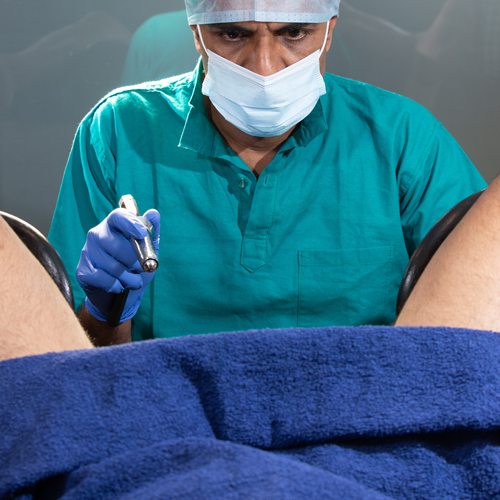
KSHARAKARMA PROCEDURE Ksharakarma is a therapeutic procedure in Ayurveda that involves the application of caustic alkalis or alkaline substances for various therapeutic purposes. The term “Kshara” refers to an alkali or caustic substance, and “Karma” means action or procedure. Ksharakarma is commonly used for the treatment of various anorectal conditions such as hemorrhoids (piles), fistula, and fissures. Non-surgical approach: Ksharakarma…
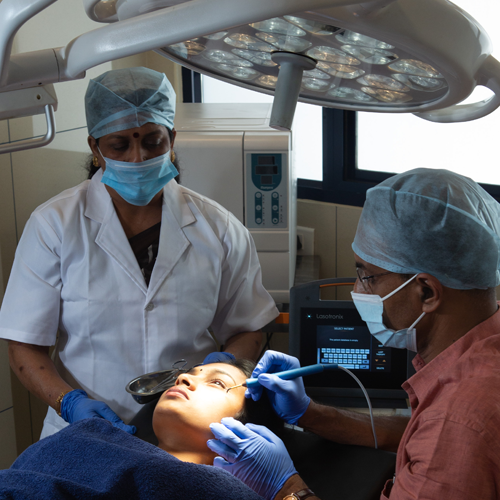
RF CAUTERIZATION Radiofrequency (RF) cautery is a minimally invasive procedure that is commonly used to remove corns and warts in modern medical practice. The procedure involves the use of high-frequency electrical energy to heat and destroy the affected tissue. In the case of corns, the RF cautery device is used to burn and remove the thickened skin that forms over…

